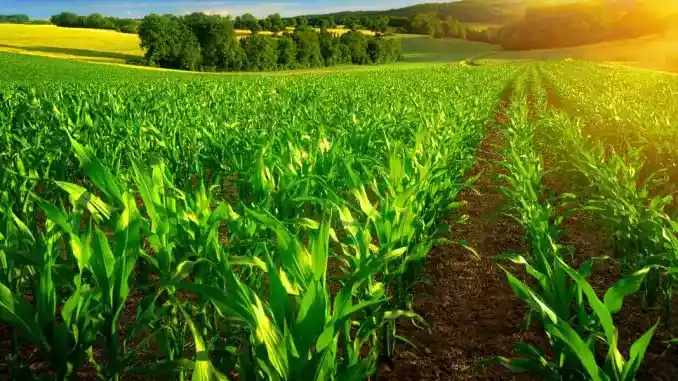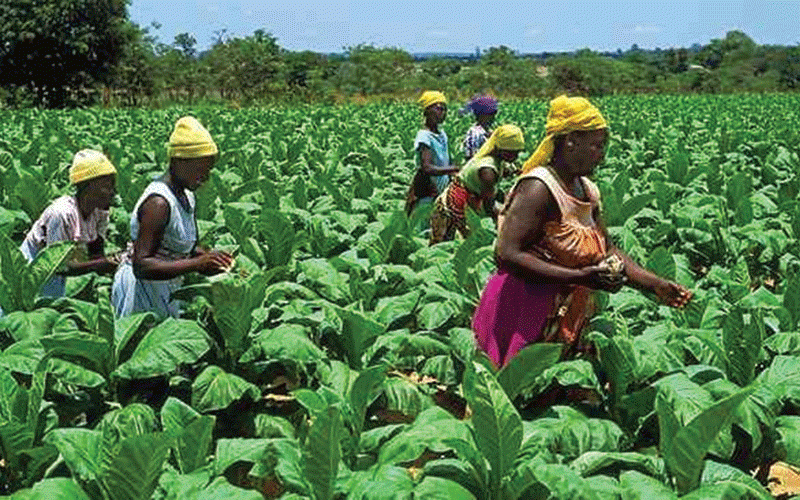
LANDS and Agriculture minister Anxious Masuka has advised farmers to adopt climate proof farming strategies to boost yields in the face of unpredictable weather patterns.
“(At) household food security level, we emphasise on permanent plots for pfumvudza done on time and lined with manure applied for effective moisture conservation,” Masuka said.
“By now at least three plots must be ready for planting at every household and beneficiary.
“We are appealing to all farmers with irrigation to put every square inch of their irrigable land to this stage, we now emphasise on early maturing varieties to allow smooth transition into winter wheat irrigation production in 2024.”
In 2024, an estimated 2,6 million people, including 1,7 million children, are projected to require urgent humanitarian assistance across the country due to the anticipated El Niño-induced drought.
Department of Civil Protection chief director Nathan Nkomo, however, said they were prepared for the El Nino-induced drought.
“From a disaster risk management point of view a plan is in place and that is why you find our Ministry of Agriculture has a two-pronged law in terms of food security and water provision ... they are working out some strategies,” he said.
“Disasters by their nature are multi-dimensional and multi-sectoral and ours is to co-ordinate and to cause people to do certain things.”
- Boustead Beef seeks to end CSC corporate rescue
- Unresolved land tenure dispute stifles Tongaat Hulett project
- Boustead Beef seeks to end CSC corporate rescue
- British investor makes new claim over CSC . . . Boustead says it took over full control of the beef processor in 2019
Keep Reading
Zimbabwe has, over the years, grappled with recurring effects of climate change, which have led to erratic rainfall patterns characterised by either severe floods or prolonged dry spells.
The El Niño phenomenon of 2015-16 is one of many past examples of the devastating effects of climate change.
During the period, Zimbabwe endured extreme dry spells and significantly reduced rainfall, severely affecting agricultural output, leading to serious food and nutritional shortages.











